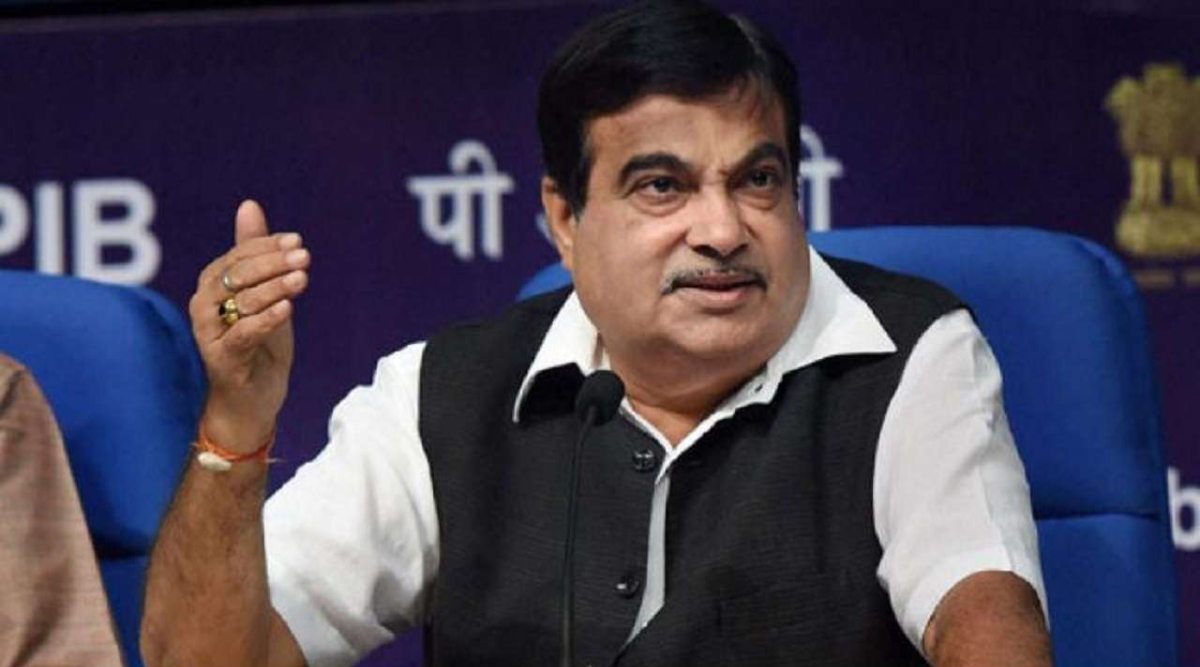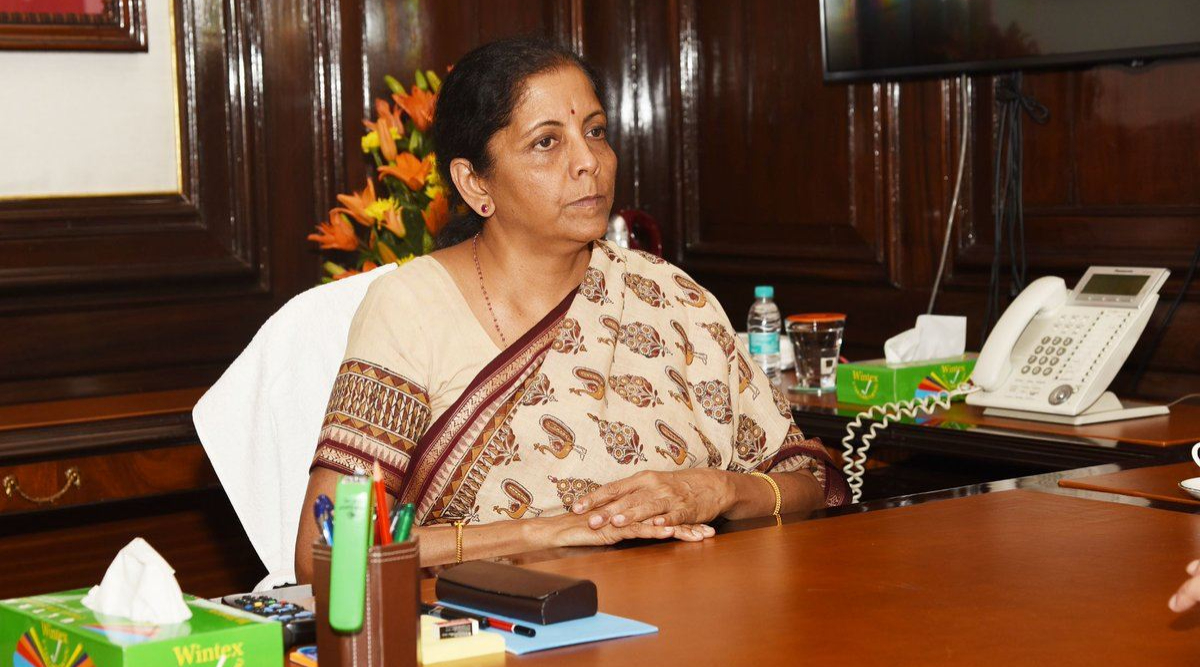New Delhi, September 20: The Khadi and Village Industries Commission’s (KVIC) on Sunday informed that its firmness had forced e-commerce portals like Amazon, Flipkart, Snapdeal and others to remove over 160 web links selling products in the brand name of ‘Khadi’. The new development comes days after KVIC served legal notices to over 1000 firms using the brand name ‘Khadi India’ to sell their products.
Issuing a statement, KVIC said, “These e-commerce portals were selling products like Khadi masks, herbals soaps, shampoos, cosmetics, herbal mehandi, jackets, kurta and many such products through different sellers using the brand name ‘Khadi’. This created a false impression among online buyers that these commodities were genuine ‘Khadi’ products. KVIC also stated that a majority of the products that have been removed were being sold by one Ayush E-Traders. This firm has confirmed to KVIC that it has removed 140 links for various products that were being sold as ‘Vagad’s Khadi Products’.”
Adding more, KVIC stated that there has been a steep rise in violation of Khadi trademark as the popularity of Khadi grew manifold in recent years. It added that a number of online sellers began selling random products in the name of Khadi. For the ease of online customers to buy genuine Khadi products, KVIC has launched it’s e-portal selling a range of 300 products online at www.kviconline.gov.in/khadimask.
KVIC recent action has resulted in shutting down a number of stores across the country that were selling fake Khadi products. KVIC Chairman Vinai Kumar Saxena said, “Legal notices have been issued to various firms essentially to safeguard the interest of Khadi artisans. This trademark violation has a direct bearing on the livelihood of our artisans who are making genuine handcrafted products.”
Earlier in August, KVIC had issued legal notices to two firms Khadi Essentials and Khadi Global for unauthorizedly selling cosmetics and other products in the name of Khadi. The KVIC had also sought damages to the tune of Rs 500 crore from Fabindia which is pending before the Bombay High Court.









